Oct 10 2016.
views 441Remember when Facebook stormed your newsfeed with videos of friends daringly dunking buckets of ice cold water over themselves? It’s been well over two years but it certainly raises a compelling question regarding charity or research organisations and the response of the public. The Ice Bucket Challenge, one of the most rapidly viral dares, was propelled to raise funds for the ALS Association. While the Association went on to collect more than $100m and had a break-through in their research, you tend to wonder, ‘Do these viral challenges really work?’ After questioning scores of social media users, their general response varied from “What was that for again?” or “Oh yeah, I saw that. It was for some cause, right?”.
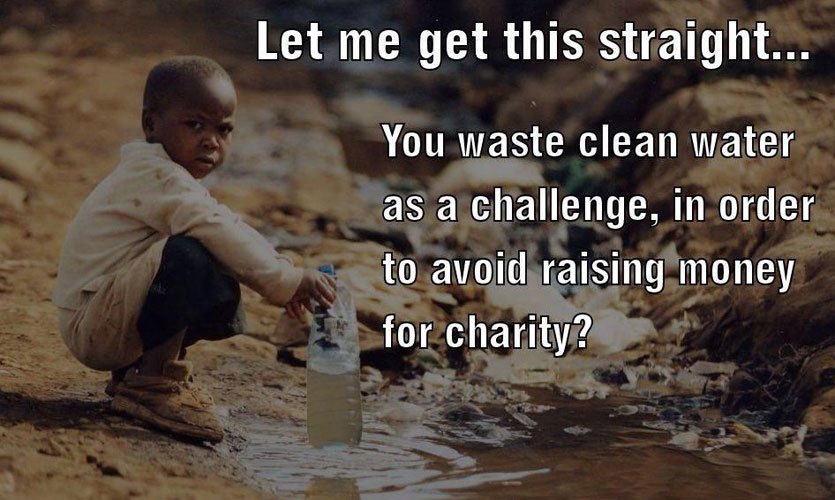
Despite such comments, Asitha continues to support charity challenges saying, “It definitely works. These days you have to attract people. If you’re just asking for cash moat people won’t care but if you’re doing something crazy people like that”. Alisha also seems to agree, “I think it’s worthwhile because the alternative of doing charity will not entail awareness (temporary or not). Also when the youth engages in such activities I think they gain something as much as they give”. And they certainly have a point because viral challenges have quite a few positives. By using an everyday, easily accessible platform like Facebook they are able to innovatively reach a wider demographic from young to old, politician to civilian which is exactly what happened when the likes of George Bush, notable Sri Lankan figures or your best friend took up the challenge.
On the hand, such challenges cause quite an uproar at organisation meetings since they now have to concentrate on novel marketing ploys to reel in public attention. More often, these challenges are likely to be capitalising on temporary trends rather than raising awareness and garnering long-term, frequent donors. “I’m a med student who walks into hospitals on a regular basis and sees so many people who are really in need of help. I think for those who are genuinely interested in giving, they don’t need a challenge because they already know there’s a challenge out there that needs to be tackled. Nowadays it’s not even about raising awareness or for the sake of a cause—it’s sadly just another fad,” says Jo rather disappointedly. Does it remain an idealist stance to hope that members of society will meet the call for social action and place an affordable donation sans the viral frenzy? At present it appears so. Until then organisations might have to pick at their brains to discover the next Ice Bucket Challenge or trust in the goodwill of people who will recognise the value and importance of their contribution. In the meantime, let’s recap on some of the most circulated media challenges:
1. #nomakeupselfie
This one was mainly for the ladies since it required you to abandon your go-to cosmetics, take a bare-faced selfie and post it on Instagram. Celebrities who took part ranged from the contouring queen Kim Kardashian to Gwyneth Paltrow who did it for the sake of cancer awareness in the UK. Did it work? It was reportedly an instant success but there was an unfortunate mix-up according to The Guardian where some had accidentally funded UNICEF and others mistakenly believed it was done in order to adopt a polar bear through the WWF. Thankfully UNICEF stated they would transfer the money to Cancer Research UK and sort the matter.
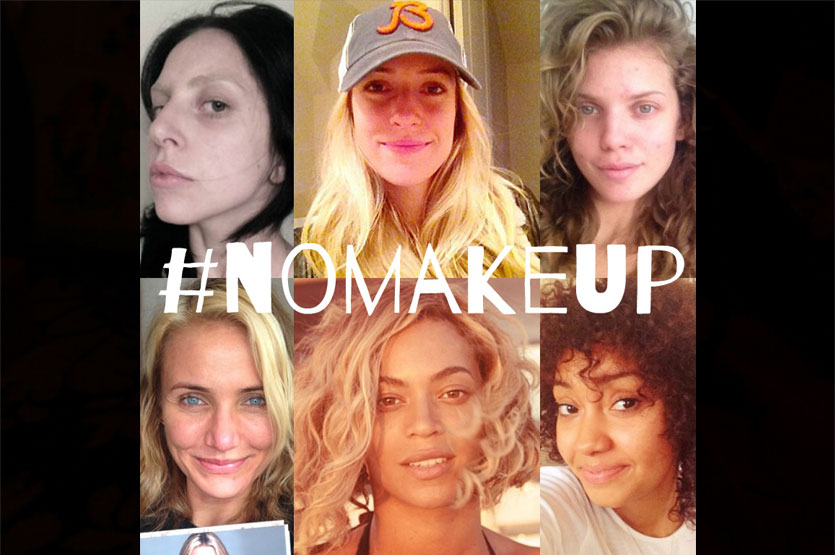
2. Movember
It’s that time of the month where dads, brothers, boyfriends and husbands miraculously ‘lose’ their razors and claim to be highlighting men’s health issues while looking insanely stylish. This one started in Australia by the Movember Foundation and was mainly done to raise awareness about male cancer - by 2012 over $95m was raised. That should be a sufficient sign of encouragement for beard-lovers.
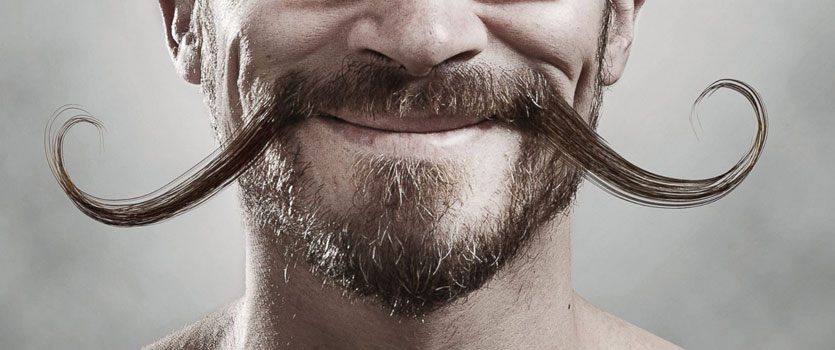
3. #wakeupcall
The campaign started by UNICEF ambassador Jemima Khan nominated candidates to take a selfie as soon as they woke up. Proceeds from the campaign were sent directly to UNICEF who would aid the children of Syria affected by the war. Ruby Rose and Naomi Campbell were among numerous others who participated in the challenge.
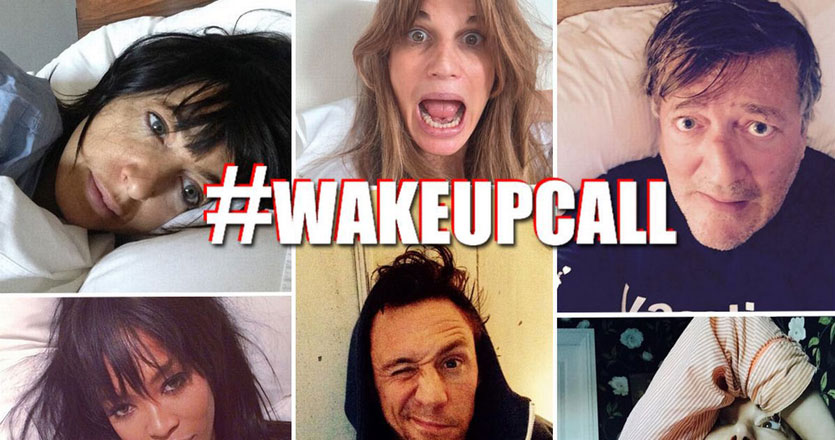
4. Kony 2012
Whatever happened to Kony? One viral video later he’s possibly well-hidden and forgotten about. The intent of Invisible Children Inc. was to use the medium of film and social media to have Kony, a notorious militia leader, arrested. Considered to be the most viral video ever by TIME magazine, it required Facebook users to ‘like’ and share it on their page. Nevertheless, after making millions of dollars, Invisible Children Inc., politicians and activists have remained silent on the issue ever since.
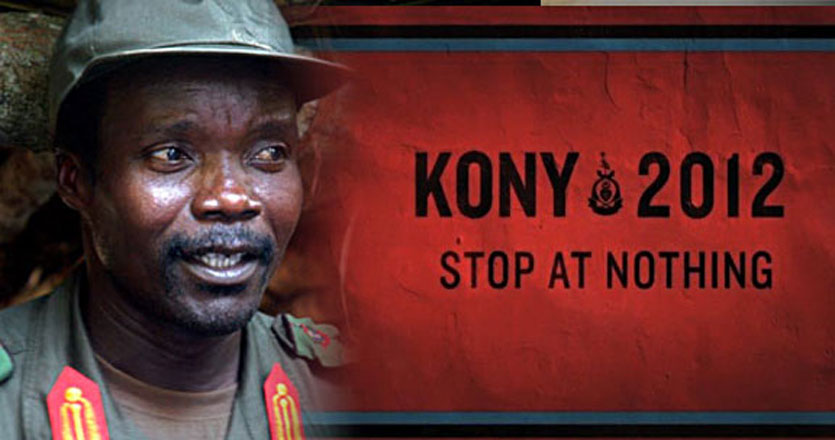
0 Comments